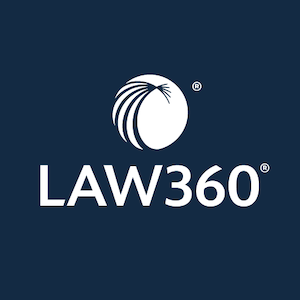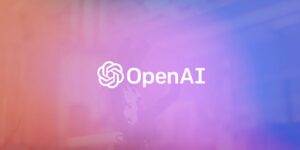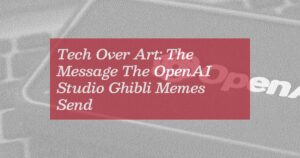OpenAI President Called to Testify Alongside Staff

OpenAI Lawsuit: New York Times Pushes for Deposition of Greg Brockman
Background on the Lawsuit
In a significant development in the copyright lawsuits concerning the use of material for training large language models, the New York Times has requested that a federal judge mandate OpenAI’s president, Greg Brockman, to participate in a standard deposition. This legal move comes as part of ongoing legal proceedings that examine how AI models like those developed by OpenAI are trained using various datasets, some of which may be copyrighted content.
The Role of Brockman in the Lawsuit
The New York Times argues that Brockman should not be regarded as an "apex" witness, a term often used in legal contexts to describe individuals whose time may be less accessible for depositions due to their senior position. In usual legal scenarios, apex witnesses can give limited testimony, but the New York Times contends that Brockman’s input is essential. They assert that he should be subjected to the same deposition requirements as other employees who may have insider knowledge relevant to the case.
Implications for OpenAI
The lawsuit raises critical questions about the ethical and legal standards governing artificial intelligence and the datasets used for training. If the court favors the New York Times’ request, it could lead to increased scrutiny of OpenAI’s practices. This might set a precedent for how technology companies interact with copyrighted content and handle data usage in developing AI technologies.
Broader Context of AI and Copyright
As AI continues to evolve, its relationship with copyright law is becoming increasingly complex. The training of large language models often involves processing a vast range of texts, images, and other content, which may include copyrighted materials. Here are some key points surrounding the conversation on AI and copyright:
Copyright Concerns: Many creators and copyright holders are worried about how their work is used to train AI. They argue that unauthorized use can lead to manifest unfairness and economic detriment.
Fair Use Debate: The legal concept of fair use, which allows for limited use of copyrighted material without permission, is a central topic in these discussions. The interpretation of what constitutes fair use in AI training is still evolving.
- Tech Industry Responses: Companies like OpenAI are under increasing pressure to clarify their data usage practices. They must balance innovation with respect for intellectual property rights.
Law360 Subscription Benefits
For those interested in following the latest legal developments, subscribing to Law360 provides access to crucial resources. Subscribers can benefit from:
Daily Newsletters: Receive updates on legal issues and trends.
Expert Analysis: Gain insights from legal experts, helping to understand complex matters.
Mobile App: Access news on the go, ensuring you stay informed wherever you are.
Advanced Search: Quickly find relevant information on various legal topics.
Judge Information: Valuable data about judges can be crucial for understanding case dynamics.
Real-Time Alerts: Get notified about breaking news in the legal field.
- Extensive Archives: With over 450,000 archived articles, users can research past legal cases and topics.
In addition to these features, new users can try a free 7-day trial, allowing them to explore the platform’s offerings without immediate commitment.
This ongoing legal scenario not only highlights the tensions between traditional copyright concerns and emerging AI technologies but also emphasizes the importance of informed discussions in the legal realm. The outcome of the deposition request could have significant implications for how AI companies navigate their legal obligations in the future.






